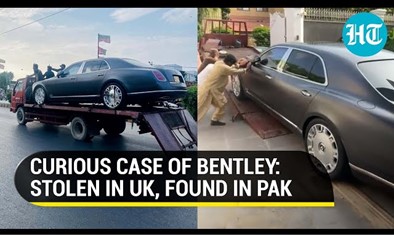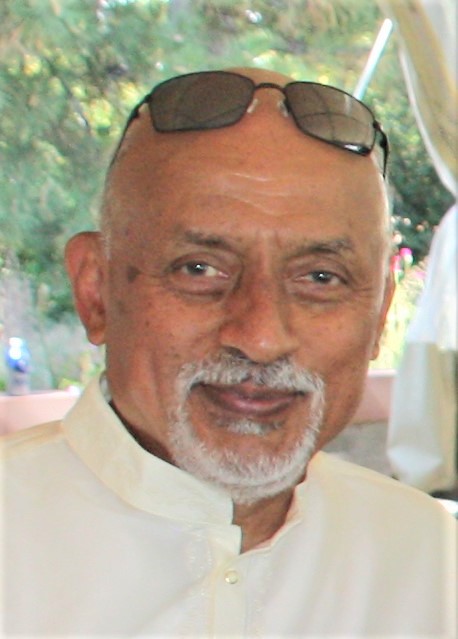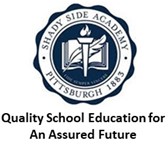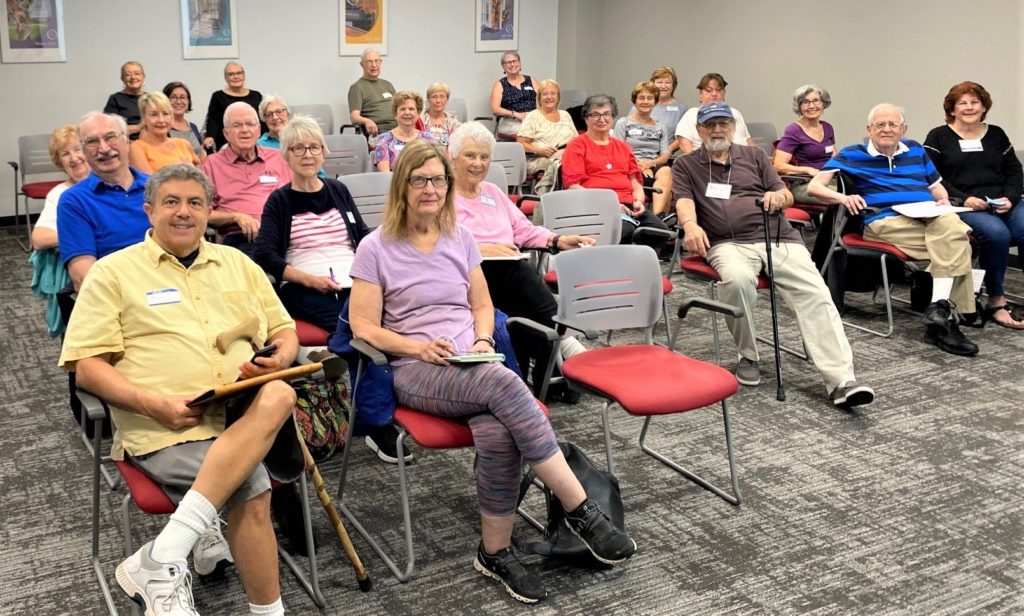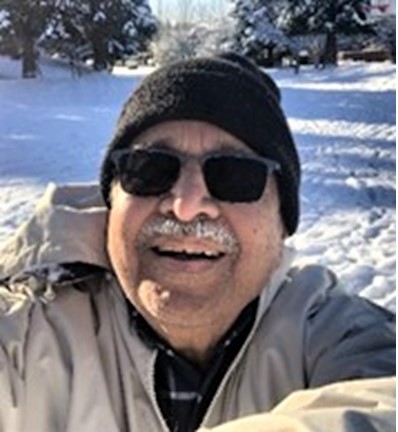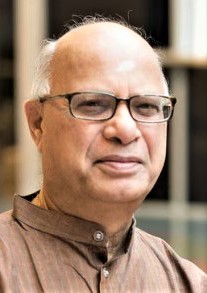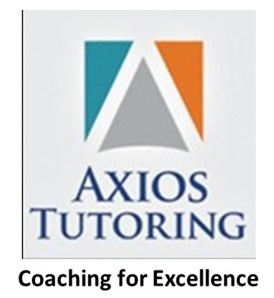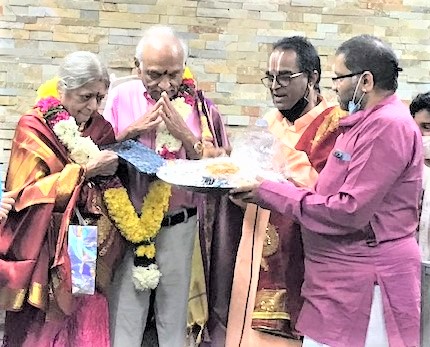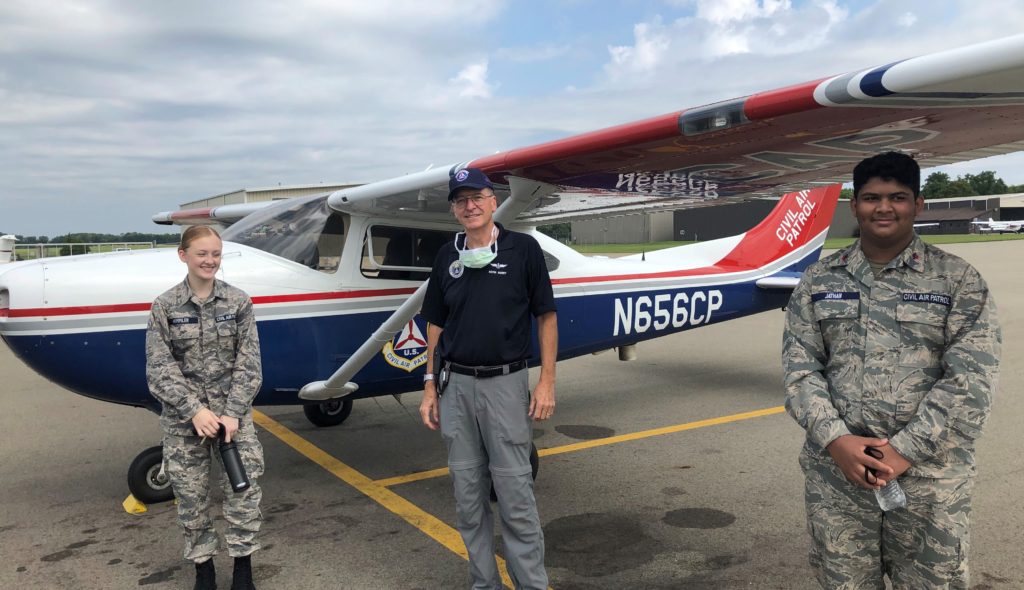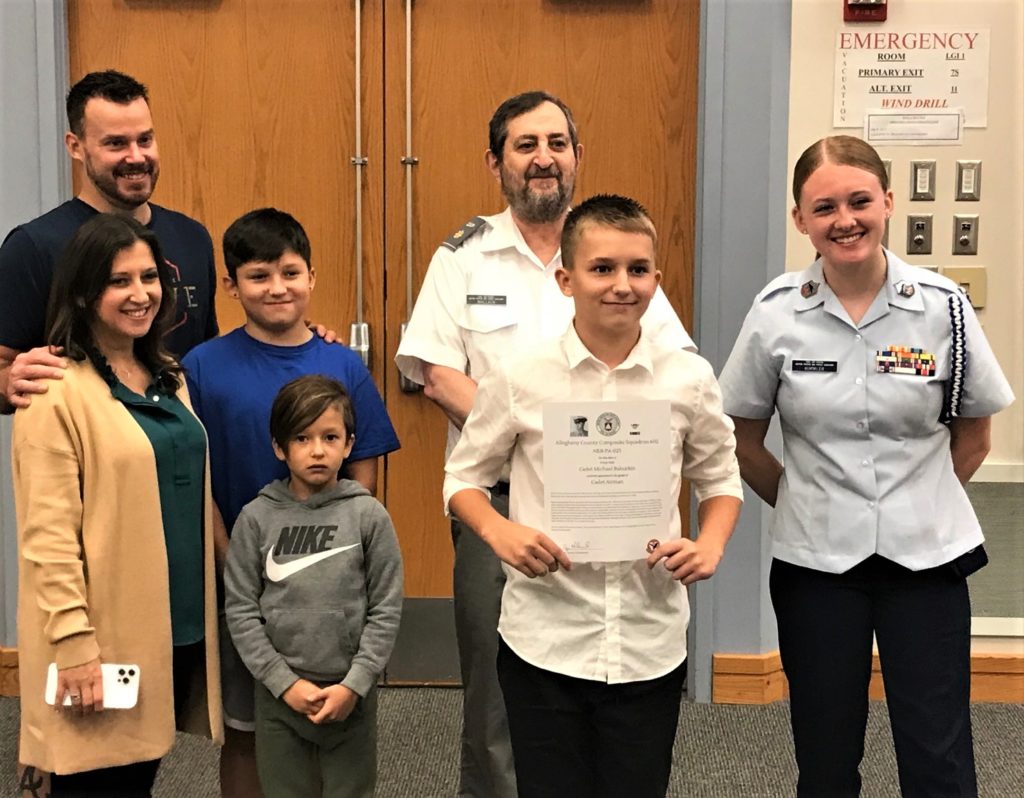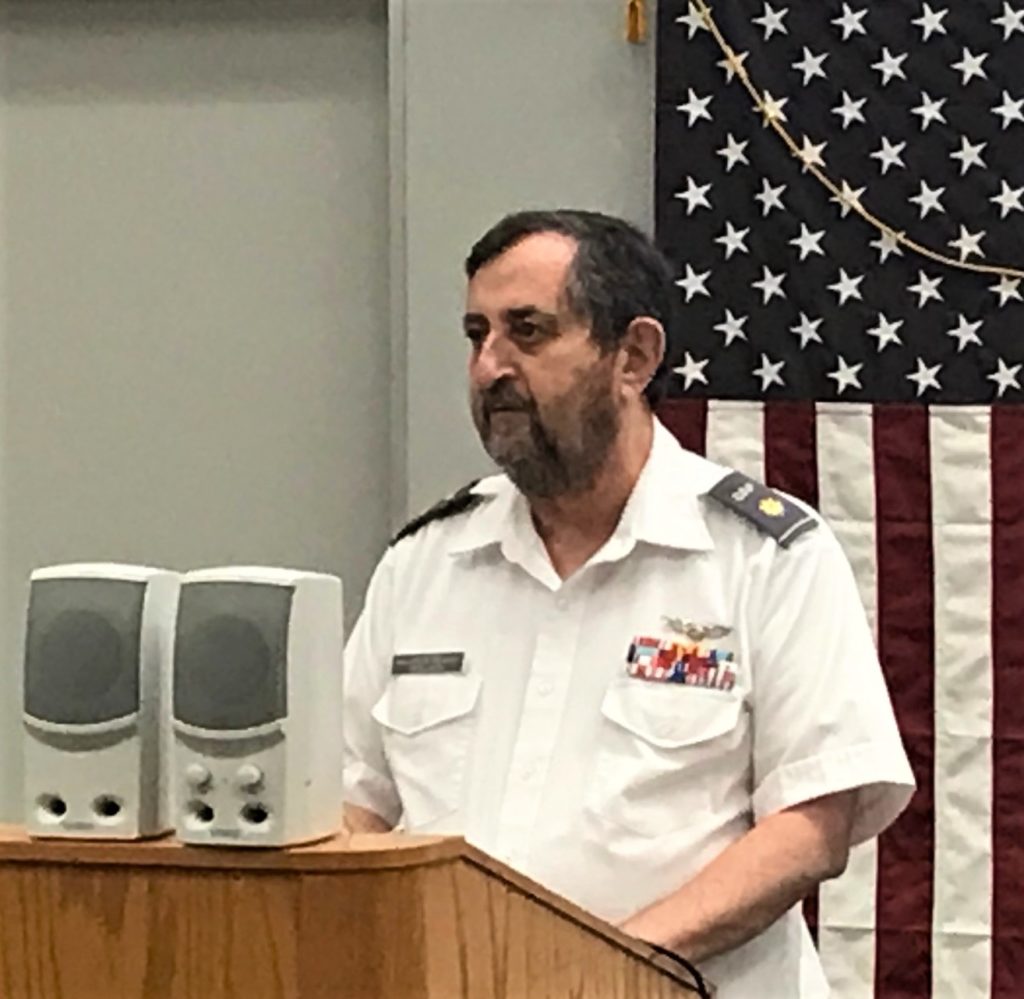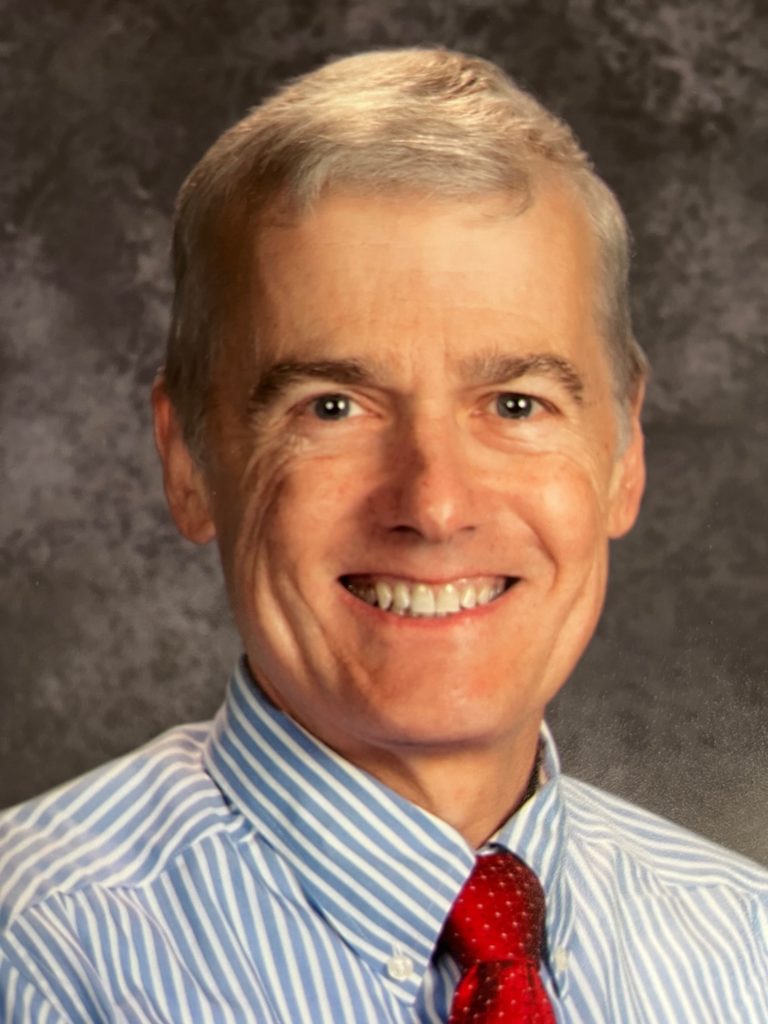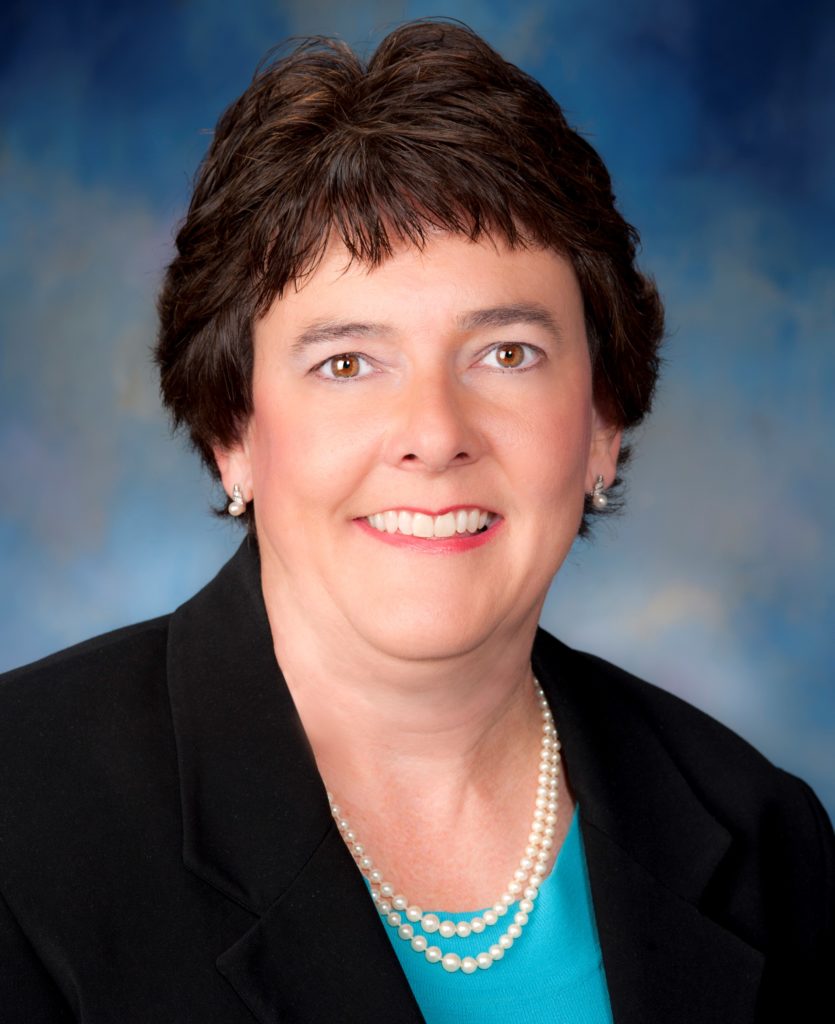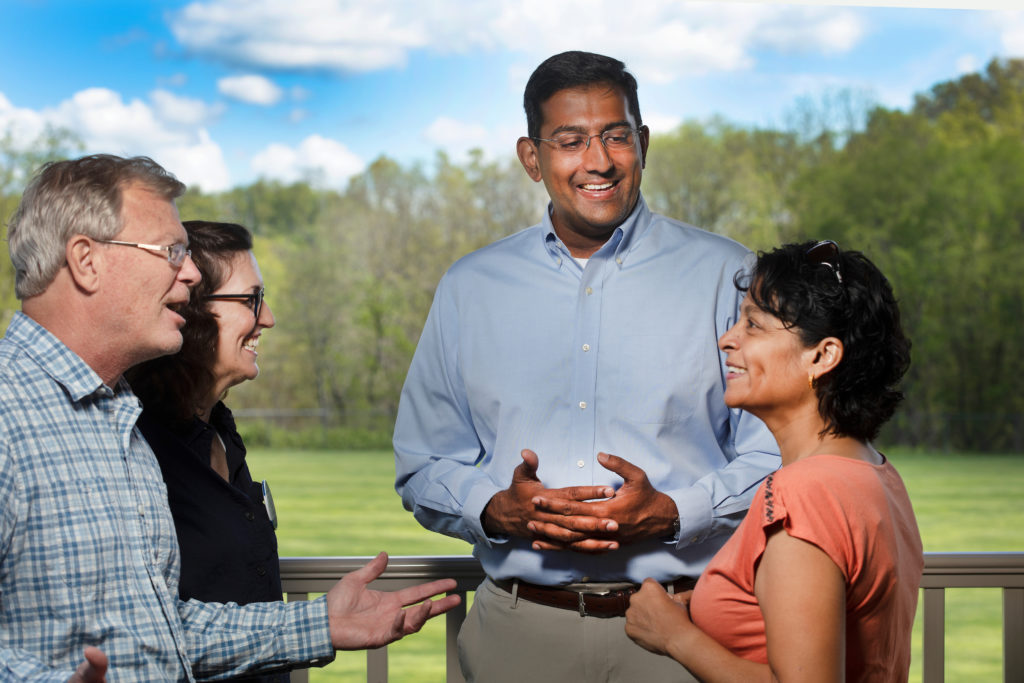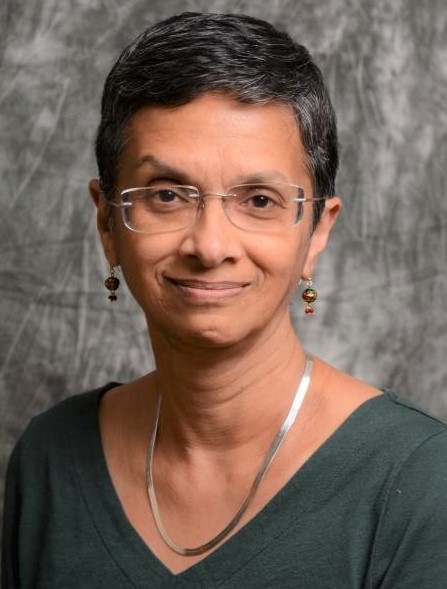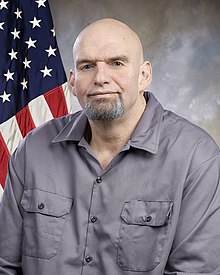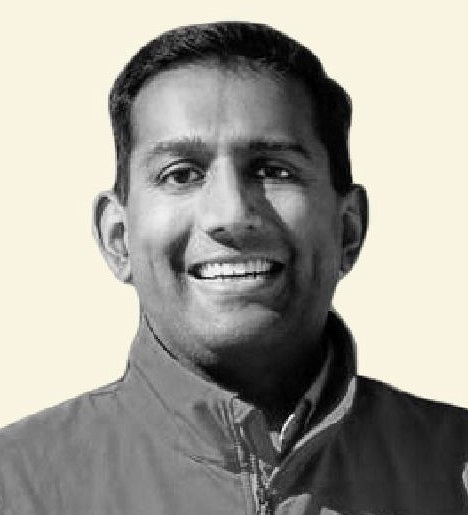Archive for category October 2022
A Bentley “Stolen” in London Found in Karachi
Posted by admin in October 2022, Past issues on September 25, 2022
A bizarre story indeed: A Bentley Mulsanne luxury vehicle costing over $200,000, allegedly “stolen” from London was found in Karachi’s upscale Defence Housing Authority (DHA) residential area, originally developed for high-ranking retired Pakistani military officers. Many retired officers sold their homes at HUGE profits to private citizens.
In September 2022, the Customs Office in Karachi received a tip from a “friendly country” on the precise location — the street address in the DHA complex — of the Bentley. When Pakistan’s customs officials went to the upscale house, lo and behold, the Bentley was in the parking garage. In a story in Dawn, Imtiaz Ali reports this:
The officials asked the ‘owner’, Jameel Shafi, to provide the title for the vehicle. Instead of producing the papers, Mr Shafi stated that the vehicle was sold to him by one Naveed Bilwani with the agreement that Mr Bilwani would bear all liabilities to clear required documents from authorities before November 2022. As the “owner” could not produce the document of the vehicle, the customs department took possession of the vehicle.
Later, during investigation, Bilwani informed officials that he had only helped broker a deal between Shafi and another person named Naveed Yamin as a guarantor of payment and papers and Mr Yamin received cash from Shafi as payment against the vehicle.
n a later story Dawn tells that the 2014-model Bentley was imported in 2019 by the Bulgarian ambassador to Pakistan, who later sold it to a Pakistani, which is illegal because it circumvents a whopping 300% import duty for such luxury vehicles. A whole bunch of government officials in Pakistan’s customs department, DMV and other agencies are now caught up in the scandal. Once so many government officials are involved in a scandal, as it happens in that part of the world, nobody will be held accountable.
The expensive car had a microchip installed to track its location. If only any one of the people in this scandal knew to deactivate the microchip, this scandal would not have exploded the way it did.
London’s British Museum displays artworks the empire stolen from India during its colonial occupation. One wonders if Pakistan would remember this and keep the Bentley for display in Karachi or Islamabad. ∎
Book Review: Dhananjay Joshi’s “No Effort Required”
Posted by admin in October 2022, Past issues on September 25, 2022
No Effort Required is the English translation of Dhananjay Joshi’s articles in Marathi, serialized under the title Sahaj in Lokamat, the Marathi daily. The word सहज, taken straight from Sanskrit, means born with, natural, effortless, or congenital. Arun Jatkar, known to our readers, and a cousin of Joshi’s, translated the series into English.
The theme of this book is the author’s reflections on his decades-long spiritual quest on the purpose and meaning of life. This takes him from his cultural moorings in his traditional Hindu upbringing and interactions with family elders like his grandmother and several teachers in India. This search continued through his engineering education in Poona. Later, when he came to the US for higher education at the Illinois Institute of Technology in electrical engineering and mathematics, his quest continued. He had long interactions in the US with the monks at the Ramakrishna Math and with Zen masters from Korea and Japan.
As many Hindu/Jain/Buddhist/Sikh teachers in India have repeatedly advised us in each generation, tranquility and freedom (Moksha in Sanskrit) are to be realized here and now when we are alive, and not in Swarga, Heaven or Jannat, post mortem — I use post-mortem in the literal meaning of the phrase, namely, after death. This idea is also central to Buddhist teachings all over Asia.
The author’s spiritual journey continued while he was living in Chicago, starting his career in corporate America, with him organizing meditation retreats in his rented apartment. And later, leading life as a married man, paying taxes and educating his children. He did not run away to the foothills of the Himalayas between career transitions, or out of disillusionment in life in the US. When people are predisposed to these kinds of pursuits, they get — or find — their teachers, even in Chicago, even in the midst of all the regular grinds that overwhelm most of us.
Serious English readers in India — the book’s target audience since it is published there — are in a hurry, used to rapid reading. The short, easily readable stand-alone stories in the book are suitable for these readers. However, just because the articles are short and readable, it does not mean that readers can absorb their central messages in rapid reading. Several articles in this collection, described as “pointillist” by Margaret McKenzie in her foreword, are cryptic and end abruptly. If readers do not pay attention in their speed reading and do not pause at the end of each story, they may altogether miss their import.
This pointillist style of the short pieces, each standing on its own has a long history in Indian literature. Examples are the one hundred verses in Vedanta Dindima (attributed to Adi Shankara, perhaps incorrectly), or the 1330 couplets in the 2000-year-old Tamil classic Tirukkural. These individual verses are like bananas in a cluster, each complete by itself, independent of others in the bunch.
Many of the lessons the author learns from his Zen masters are the same that the Hindu tradition teaches, namely patience, frugality, simplicity, honesty (to oneself) in one’s life and lifestyle, and diligence, persistence, efforts, and dispassion in one’s pursuits.
On reading the short pieces in the book, spontaneously I recalled the great line मन एव मनुष्याणां कारणं बन्धमोक्षयोः (Mind and mind alone is the cause for both the bondage and liberation of man) from the Amritabindu Upanishad, or अभ्यास-वैराग्याभ्यां चित्तवृत्ति निरोधः (With practice and detachment, a vacillating mind is quietened.) from Patanjali’s aphorisms.
Another lesson that comes out in Joshi’s writings is what is stressed in traditional Indian teachings, namely, the importance of right motivations in our pursuits. Even if we pursue the right course of action, but with the wrong motivations, we are advised, we will be dissatisfied with the outcome. And even when we pursue seemingly unpopular and unproductive objectives, but with the right motivation, eventually we will come out OK.
The stories are easily digestible, but are difficult to read because of the small font size and tighter line spacings. The publisher could have fixed this since there are wide margins on the left-hand-side pages in the book. And there are random distractions of missing spaces between words, a feature that was easily fixable with today’s editing software. But for these features, the book is worthy of reader’s’ time since it addresses in a contemporary style and context many issues young professionals face.
No Effort Required Author: Dhananjay Joshi, Translation: Arun Jatkar, Publisher: Rohan Prakashan, 155 pages. Pune, India. INR 300.00
Reviewer: Kollengode S Venkataraman ∎
Continuing Education at CMU for Seniors in Retirement
Posted by admin in October 2022, Past issues on September 25, 2022
By Sankar Seetharama, Pittsburgh, PA
One of the best kept secrets in the Pittsburgh metropolitan area, the Osher Lifelong Learning Institute at Carnegie Mellon University (CMU), offers its members, primarily the senior community, opportunities to expand their knowledge, enhance their skills, interact with their peers, and increase their social and cultural awareness. It provides members a range of short-term, non-credit courses, lectures, and field trips, taught by faculty from CMU and other institutions, retired business professionals and representatives from community organizations, all eager to share their knowledge and expertise.
In August 1991, Robert Mehrabian, Carnegie Mellon University President, brought in Steve Calvert as assistant VP and director of alumni relations to found an adult education program. Mehrabian’s vision was to strengthen alumni relations, including a focus on education programs for alumni and the University’s neighbors, primarily retired adults still thirsty for knowledge.
Guided by Gretchen Langford, a Margaret Morrison Carnegie College alumna, and Edwin “Ted” Fenton, alumnus, Director of CMU’s Center for University Outreach, the Academy for Lifelong Learning (A.L.L.) came to be in 1992. In its first year (1993-1994), it drew three hundred students.
By 2007, A.L.L. had grown to over 1,200 members. Following a grant from the Bernard Osher Foundation, the A.L.L. Board of Directors recommended joining forces with the Osher Lifelong Learning Institutes, dedicated to the same goals. By early 2009, Osher at CMU had new offices in Hunt Library, two classrooms in Wean Hall, a website, and an endowment from the Osher Foundation.
Now all of these have been consolidated in a lovely new Learning Center in Cyert Hall on campus funded by the Osher at CMU and local foundations. Osher, not part of CMU, is an independent, 501(c)3 non-profit organization. Most importantly, it is volunteer-driven. From the Board of Directors to its committees and its instructors, everyone is a volunteer. It helps reinforce a sense of community. There is also a dedicated staff, responsible for running the show. Led by an Executive Director, they produce course catalogs, schedule courses, maintain the website, help with registration, and take care of all the business aspects of the organization.
Each year, members can choose from over four hundred courses, covering an incredible range of subjects from the study of a Shakespeare play to under-water photography, secrets of Pittsburgh, architecture, Indian history, music, personal finance, legal issues, health & wellness, and much more. Most of these classes are taught in the Learning Center in Cyert Hall.
Beginning in August of 2019 Osher’s Executive Director and then President had a series of meetings with Chatham University’s President. These meetings led to the Lifelong Learning Program partnering with Chatham University offering courses at their Eden Hall Campus in Gibsonia, PA providing closer access for residents of surrounding communities.
During the COVID-19 pandemic, all classes were held on Zoom®. Some classes will be offered on Zoom in addition to the in-person classes to accommodate those unable to attend classes on campus.
Osher at CMU is always happy to welcome new members & instructors! Check us out at www.cmu.edu/osher/ ∎
============================
Aishwarya, daughter of Gopal & Sasikala Krishnamoorthy of Monroeville, PA and a student of Kamala Reddy, had here Kuchipudi rangapravasam on Saturday, June 25, 2022, at the S.V.Temple auditorium in front of a large number of invitees. Aishwarya learned the artform for over ten years, during which she was part of Kamala Reddy’s many Kuchipudi dance-dramas.
At Gateway High School, Aishwarya was part of the marching band and learned to play on the trumpet. At school, she received the Noah Gray scholarship for her commitment and achievements in the band. Graduating this year from Gateway High School, Aishwarya is now a freshman at University of Pittsburgh, pursuing engineering. ∎
Obituary: Manjeri Raman — A Life Well-Lived (1942 to August 4, 2022)
Posted by admin in October 2022, Past issues on September 25, 2022
By Som Sharma, Monroeville, PA
Manjeri Raman, known as Jeri to his colleagues and friends, who lived in the Pittsburgh metro area for decades before moving to Savannah, GA, died on August 4, 2022. The cause of death was complications from esophageal cancer.
He graduated in chemical engineering from the Alagappa Chettiar College of Technology in Chennai in the early 1960s. He came to the US in 1967 for his graduate studies in chemical engineering at the University at Buffalo in the SUNY system. Krishna, whom he married in 1970 in Chennai, India, joined him later.
Manjeri’s long career in marketing was with Spencer-Kellogg (Buffalo, NY), Calgon Corporation (Pittsburgh, PA), and SNF Holding Co. (Riceboro, GA). With his easy-going disposition in working with people from diverse backgrounds and his natural leadership skills, he rose to senior positions. In retirement, he worked as a marketing consultant. He traveled extensively, both domestically and internationally for work.
I first met Manjeri and Krishna as curious students of Advaita Vedanta during Swami Chinmayananda’s first visit and Jnana Yajna in Pittsburgh in 1978. He was drawn into the Chinmaya Mission’s activities. With him and many others, we organized several week-long lecture series on the Gita and Vedanta topics by Swami Chinmayananda himself and by other monks of the mission. A special one was the Chinmaya International camp at the Slippery Rock University in 1984, when we rented the entire campus for 10-days, a one-of-a-kind event then. We travelled together to many Chinmaya spiritual camps in other cities. In Savannah, he started the Chinmaya Satsang, which is quite active today, with participants both of Indian heritage and from the American mainstream.
He was in the S.V.Temple’s governing bodies, where he was known to run committee meetings and participate in them with great elan.
Manjeri was cosmopolitan and open-minded and had a unique gift of making everyone feel special. He was comfortable with his circle of friends from diverse Indian linguistic and sub-cultural groups, as well as other nationalities and races. He did not let his vulnerabilities get in the way of learning or seeking help from others in any aspect of his life. Raman and Krishna loved to travel, going to many tourit and pilgrimage sites.
He volunteered with Hopelink in Redmond, a Seattle neighborhood in Washington state. He also tutored fifth graders in math at Gould Elementary School in Savannah.
Raman was a voracious reader with interests in politics, society — he admired Mahatma Gandhi — and football, tennis, golf and, of course, cricket. He was an avid tennis player and a golfer. He loved Karnatic music and light entertainment movies in Indian languages. A loving and caring partner and father, Raman was a friend, philosopher, and guide to his children Anandi and Arvind. He was fond of his wonderful life partner, Krishna, a courageous and independent woman in her own right, for fifty-two years.
A storehouse of information, a loving and caring partner and father, a sports enthusiast, a spiritual seeker, a “servant leader,” a trusted, large-hearted friend, a conscientious citizen, a fun-loving and easy-going guy, a man of conviction, yet respectful of opposing viewpoints — an almost perfect human being. A life well lived. The mortal remains of Raman were cremated in Savannah, with his adopted son Arvind doing the last rites for him. Later, his family organized a memorial gathering for Manjeri on Friday, September 9, in Savannah, where a large number of his friends from different cities gathered to reminisce and celebrate his memory. ∎
The Raghupathis Move to San Diego After Their Four Decades of Active Life Here
Posted by admin in October 2022, Past issues on September 25, 2022
By V. Vasudevan, Monroeville, PA
Janaki and Narasimhan Raghupathi, known to many among the Indian diaspora here, and very well-known people associated with the S.V.Temple, moved to San Diego last July after their over four decades of productive years living amongst us. They moved to San Diego to live close to their son and daughter there.
Janaki arrived in Pittsburgh in the early 1970s to pursue her master’s program in structural engineering at the University of Pittsburgh, after graduating in 1971 from the Indian Institute of Technology, Madras in civil engineering. In the mid-1960s, she was one of the very first “girls” to enter the IIT to pursue the coveted BTech in engineering. One of the reasons she chose Pitt was that her fiancé Narasimhan Raghupathi was pursuing his PhD in Chemical Engineering at Pitt.
After their marriage, they had a brief stint at Ford Motor Co. in Detroit before moving back to Pittsburgh to spend over four decades here.
Janaki spent all her working years at the Westinghouse Energy Center in Monroeville and Cranberry in various capacities in structural engineering projects related to nuclear power plants.
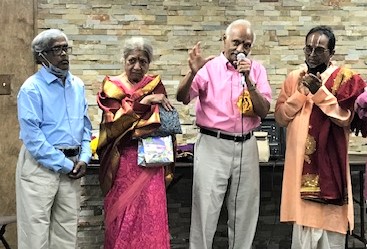
Her background in civil and structural engineering came in handy at various stages of finalizing the plans for the S.V.Temple that was consecrated in 1976. Her volunteer work at the temple continued in various roles in planning many one-of-a-kind festivals and procuring a variety of unique supplies against deadlines from all over the world in the pre-Internet, pre-Amazon, and pre-Walmart days.
Janaki was there to help anyone at any time, whether it was for arranging arangetrams, marriages, and hosting visiting artistes; or helping people in medical and any other type of emergencies. There was no end to the selfless and tireless work she did for all who approached her.
Raghupathi, her husband, on the other hand, is quiet, complementing Janaki’s gregariousness. Often, he introduced himself as Janaki’s husband. He did his master’s in chemical engineering from VJTI, Mumbai and earned his PhD in ChemE from Pitt. After his brief stint at Ford in Detroit, he joined PPG working in various capacities in managing projects. He travelled widely for work, meetings with customers and vendors. He regaled with stories on his visits to Moscow and other cities in the Soviet Union during the collapse of the USSR. He too was associated with the S.V.Temple management in various official capacities.
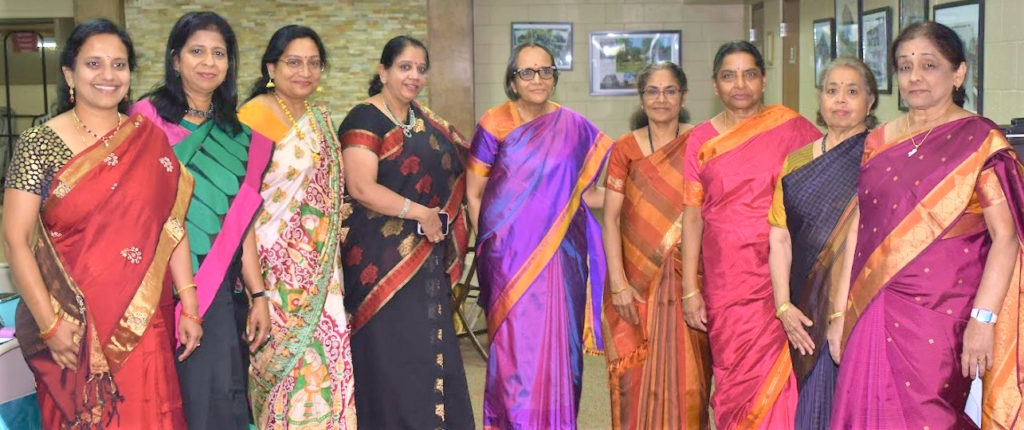
Raghupathi has been the unofficial tax consultant for the priests and office staff at the temple from the time the temple started, making sure that they got all the applicable deductibles and refunds. He also made sure that they also set aside money for their retirement.
The friends of the Raghupathis organized a farewell party at the Murrysville Community Center on July 8, 2022, where they recalled fantastic stories and anecdotes in their interactions with Janaki and Raghupathi. While all their friends miss their presence here, I join them wishing Janaki and Raghupathi well in their retirement with their two children in the sunny San Diego, enjoying their life living close to the beach, the mountains, and the desert. ∎
Opportunities for Middle/High School Children at Civil Air Patrol
Posted by admin in October 2022, Past issues on September 25, 2022
How many of you have heard of the Civil Air Patrol (CAP) and their activities across the nation? Maybe a few. And among school-going children focused on their curricular activities, even less.
Civil Air Patrol, an organization of citizen airmen, was formed in 1941 during the early days of World War II, committed to volunteer services to America. Focused to mobilize the nation’s civilian aviation resources for national defense during WW II, CAP has evolved over the last several decades into a premier public service organization that still carries out emergency service missions, when needed, in the air and on the ground, and much more.
As an auxiliary of the U.S. Air Force, CAP is there to “search for and find the lost, provide comfort in times of disaster and work to keep the homeland safe.” Its tens of thousands of volunteers scattered across the nation devote their time, energy, and expertise toward the well-being of their communities, while promoting aviation-related fields through aerospace/STEM programs and helping shape future leaders through its cadet program.
CAP volunteers serve America’s communities, save lives, and help shape the future with its core values of Integrity, Volunteer Service, Excellence, and Respect. CAP’s programs on Aerospace Education, Cadet Services and Emergency Services, are funded by the US Air Force and the local chapters’ fundraising activities.
In August, I went to a weekly meeting of CAP Squadron 602 held at the Baldwin High School close to the Allegheny County Airport in West Mifflin. The Squadron 602 of CAP is located at the Allegheny County Airport (airport code AGC) in West Mifflin.
Incidentally, AGC, a fully functional airport within the city limits of Pittsburgh, has a long and unique history. Built in 1931, it was the third largest airport in the nation with hard-surface runway, decades before the Pittsburgh International Airport came into being. More details here: www.tinyurl.com/AGC-Airport-Pittsburgh and here: www.flypittsburgh.com/allegheny-county-airport.
The classes at Baldwin High were conducted under the guidance of Major Naor Wallach (e-mail address here) , Pennsylvania Director of Recruiting and Retention of CAP’s Squadron 602. The module they showed was on how they solved the problem when an oxygen tank in the capsule exploded in NASA’s Apollo 13 mission’s near-disaster moon mission. NASA’s ground control folks in Houston struggled against all odds to remotely instruct the astronauts in the orbiter floating 200,000 miles above earth to fix the problem with the very limited resources in the capsule.
The CAP program is open to all middle and high school students who are either US citizens or legal immigrants (Green Card holders) for a nominal fee of $40 per year. A team of over 1500 volunteers, who have their own full-time jobs as USAF staff, railroad consultants, graduate students in universities, and others run the program nationwide.
They meet weekly completing different training modules that focus on developing leadership skills and skills to work in teams (sometimes leading sometimes following), ER services, aerospace/STEM education, physical fitness, and character building. In programs with school kids as the trainees, they use real life examples of how crises unfold — many of them one of a kind happening for the first time. The students are shown examples of how to form teams with the required skills and temperament, how to brainstorm the issues to define the scope, and how to assign priorities and assess progress and performance, and how to make changes in the approach as the situation dynamically changes.
For middle and high school students, programs in the Civil Air Patrol offer great opportunities to acquire skills on how to lead and take part in teams to accomplish any set goals, how to communicate clearly and precisely with peers and seniors in any organization. And the training they get in their formative years may even open opportunities for them in ROTC programs in the US Air Force, commercial flying, Medevac flights, or aeronautical engineering in universities. For more information, visit GoCivilAirPatrol.com or contact Major Naor Wallach (e-mail address here). ∎
Elect Arvind Venkat, MD to the State House
Posted by admin in October 2022, Past issues on September 25, 2022
By Martin Karl and Cathy Poole, Co-Chairs, Franklin Park Democratic Committee
The last few years have been extraordinarily challenging for our families and communities. A once-in-a-century public health crisis, economic challenges, disruption of our kids’ education, threats to school safety, attacks on the very foundations of our democracy, and now, the possibility of ending reproductive rights – the list goes on and on. Our state legislative leaders are critically important to address all these issues. In this election year, the communities of Franklin Park, McCandless, Ohio Township, Kilbuck, Emsworth, Ben Avon, Ben Avon Heights, and Western Hampton Township have the opportunity to elect a capable member from the Indian American community to represent them in the State House in Harrisburg. He is Dr. Arvind Venkat, son of Indian immigrants and the Democratic candidate for the 30th District. He will ensure that we have bold leadership in addressing all these important challenges.
We have gotten to know Arvind over the last six months in his campaign to represent the communities of our district. From the beginning, he has emphasized his background as an emergency room physician with the privilege and responsibility of treating our neighbors in their time of greatest need. Arvind recognizes that just like there is no Republican or Democratic heart attack, we need leaders who will work for all of us, setting aside partisan extremism to solve problems in our community. Having worked on the frontlines of the pandemic, Arvind knows we have under-invested in public health, public safety, and public schools, leaving us vulnerable to the disruptions we have seen. He recognizes that we must fully fund these services to be there for all of us when needed.
Over the last few months, the stakes of this election have only risen. With the US Supreme Court overturning the federal constitutional right to an abortion, the future of women’s reproductive freedom is on the ballot. Similarly, whether we enact commonsense gun safety laws to prevent school shootings and reduce gun violence will be decided in Harrisburg. Finally, whether we continue to nurture our democracy by ensuring that a) every eligible voter has access to the ballot box, and b) our elections, regardless of their outcome, reflect the will of the people, will depend on the members we elect to the General Assembly in Harrisburg.
As a father, husband, emergency physician, member of the Indian American community, and long-time resident of the North Hills, Arvind will be the right representative for us in Harrisburg. He will ensure that our communities are cared for and protected. We are proud to support his candidacy for the State House and urge all voters in our communities to vote for Arvind this fall.On election day this November, vote for Dr. Arvind Venkat.
You can reach out to his team at his website www.VenkatforPA.com. ∎
Why I am Voting for John Fetterman for US Senate
Posted by admin in October 2022, Past issues on September 25, 2022
By Mary Ganguli, Pittsburgh, PA
Editor’s Note: Mary Ganguli lives in the Point Breeze neighborhood of Pittsburgh. She is Professor of Psychiatry, Neurology, and Epidemiology at the University of Pittsburgh School of Medicine and School of Public Health.
I first heard of John Fetterman while he was the Mayor of Braddock, a small Mon Valley municipality, which was once a bustling, vibrant, steel town, but never recovered after the steel industry collapsed in the late 1970s. John is not originally from Braddock; the details of how he, a Harvard graduate in public policy, moved to Braddock make a fascinating read.
John, a Democrat, currently the lieutenant governor of Pennsylvania, is contesting for the open US Senate seat from PA in this November’s mid-term election. Here are his positions (www.johnfetterman.com/issues) on the issues that matter to us as Pennsylvanians.
John became a national media sensation early in his career. This is partly due to his unusual appearance and demeanor — 6’ 8” tall and muscular, a casually dressed, straight-talking man of the people, and not the typical suit-and-tie equivocating politician.
I attended a Pitt Public Health graduation ceremony in 2014 when John was the commencement speaker. His Harvard crimson hood looked like a mere ribbon over the black academic robe draped on his giant frame. He congratulated the graduates, reminding them that they were graduating in the beautiful Carnegie Music Hall built with the steel made in Braddock. He shared the desperate situations of the poorer Braddock families whose homes lacked heating during the winter polar vortex. He then told the graduates to go out and make a difference in the world with their public health degrees — pretty much describing his own career.
I also came to know John personally in 2014 while he was the Mayor of Braddock. I was chasing him down to officiate at our son’s wedding. I had left him notes and voice mail and was wondering how else to reach him. Then, my phone rang and the voice on the other end said, “Mary, this is John Fetterman.” I started to repeat the details I had already put into my earlier messages. He stopped me abruptly, saying. “Mary, this is clearly the first wedding in your family. I have done dozens of weddings. You will have a million things to worry about, and I will not be one of those things. Just tell me when and where to show up, and what you want me to do and say, and I will be there.” And he did. Since then, the Fetterman family has come over to our place for dinner and we found that John has a secret passion for Indian food (gobi mattar is his favorite).
John met with the Indian American community in the Pittsburgh area and with the Indian American organization IMPACT in Philadelphia. John tells me he is proud to receive not only our support but also our input on the issues that matter to us. He is particularly focused on the economy, health, and education, and if elected — only we can make that happen — he hopes to serve on the relevant Senate Committees.
If he is our next Senator, he will show up as promised for us in Washington and do what needs to be done for us Pennsylvanians. So, Let’s get together and Vote for John Fetterman in the November elections. ∎
Every Election is Important — More So This Midterm Election
Posted by admin in October 2022, Past issues on September 25, 2022
Midterm elections draw only highly committed, partisan citizens to polling stations, compared with the quadrennial presidential ones. Voter apathy, particularly among independent voters, is the root cause. These independent voters, if only they go to midterm polls, can change the tone of the political discourse and outcome of elections even in partisan districts.
In both State House and the Senate in Harrisburg for the last three decades Republicans have been in control most of the time. See the table below (source: www.tinyurl.com/PartyinControlofPA-StateHouses):
For the last twelve years, in the General Assembly’s both chambers, the GOP has been in the majority, with a Democrat in the Governor’s office for the last eight years. In 2018, only with a Democratic governor, the state was saved from the GOP-controlled General Assembly gerrymandering the electoral districts to unfairly benefit them, when they redrew the electoral districts. See the article here: www.tinyurl.com/PA-RedistrictedMaps. In this background, this November, three elections are important:
1. For Governor’s office: In the November election, it will be an uphill task for Democrats to gain control of either chamber in the General Assembly in Harrisburg. However, the chances for individual house districts have improved because of the redistricting of the electoral map. So, a Democrat in the Governor’s office is necessary for checking the GOP’s muscle power in both chambers of the General Assembly. Besides, the GOP gubernatorial candidate Doug Mastriano’s extremely conservative position on women’s reproductive rights is troublesome after the Supreme Court overturning Roe v. Wade earlier this year. Democratic gubernatorial candidate Josh Shapiro is moderate on this important issue. We need to elect him as our governor. His veto power will have a moderating influence on the GOP-controlled General Assembly.
2. US Senate: Our Lt Gov. John Fetterman is the Democratic candidate for the US Senate. He is known to our readers as the mayor of Braddock. Mary Ganguli in her article is persuading voters to send Mr. Fetterman to the US Senate. Besides, his GOP opponent, the TV morning show star Dr. Mehmet Oz, appears clueless to the needs of our moderate working class voters’ anxieties and needs.
3. Pennsylvania House District 30: Arvind Venkat, a practicing ER physician, is trying to expand his horizon beyond ER medicine. He wants to represent District 30 in Harrisburg’s House of Representatives as a Democrat. Martin Carl and Kathy Poole are persuading voters in their write-up to vote for Arvind Venkat.
So, on November 8, please go to the polls and discharge your responsibility to do the right thing. ∎


